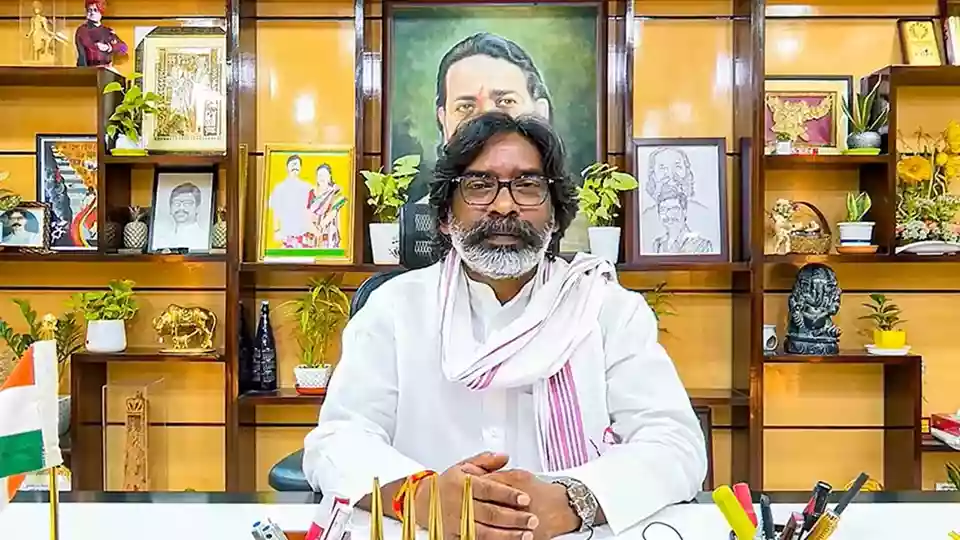.gif)
.gif)

The proposed overseas tour of Jharkhand Chief Minister Hemant Soren and a high-level delegation to Spain and Sweden later this month has sparked a political row, with the Opposition questioning the necessity and potential outcomes of such an exercise.
The nine-day visit, scheduled from April 19 to 27, is aimed at exploring investment opportunities in the sectors of green energy and mining. According to government sources, the delegation will include the Chief Minister, the Chief Secretary, and secretaries from key departments. The itinerary covers visits to Madrid, Barcelona, and Gothenburg, and includes structured one-on-one meetings with prospective investors and business leaders.
While the state government has framed the visit as a strategic initiative to position Jharkhand as a viable investment destination in Europe, the Bharatiya Janata Party (BJP) has raised objections, characterizing the tour as a misuse of public funds with limited returns.
BJP legislator and former minister C.P. Singh questioned the utility of such high-profile international engagements, citing what he described as the state’s “persistent failure” to translate previous investor outreach into tangible industrial development.
“Given Jharkhand’s complex land acquisition issues and the prevailing bureaucratic hurdles, it is unlikely that global investors will be inclined to commit resources here,” he remarked. “This seems less like an investment drive and more like a taxpayer-funded excursion.”
In a sharp rebuttal, Finance Minister Radhakrishna Kishore defended the initiative, asserting that the government remains committed to fostering a pro-investment climate and is actively addressing regulatory concerns.
“The Chief Minister’s visit is not a symbolic gesture but part of a long-term economic strategy,” he said. “Jharkhand cannot remain insular while the world moves forward with innovation in energy and sustainable industry.”
Kishore also added that the delegation’s composition reflects an administrative seriousness rarely seen in such missions, with departmental heads empowered to hold detailed discussions on policy frameworks and regulatory facilitation.